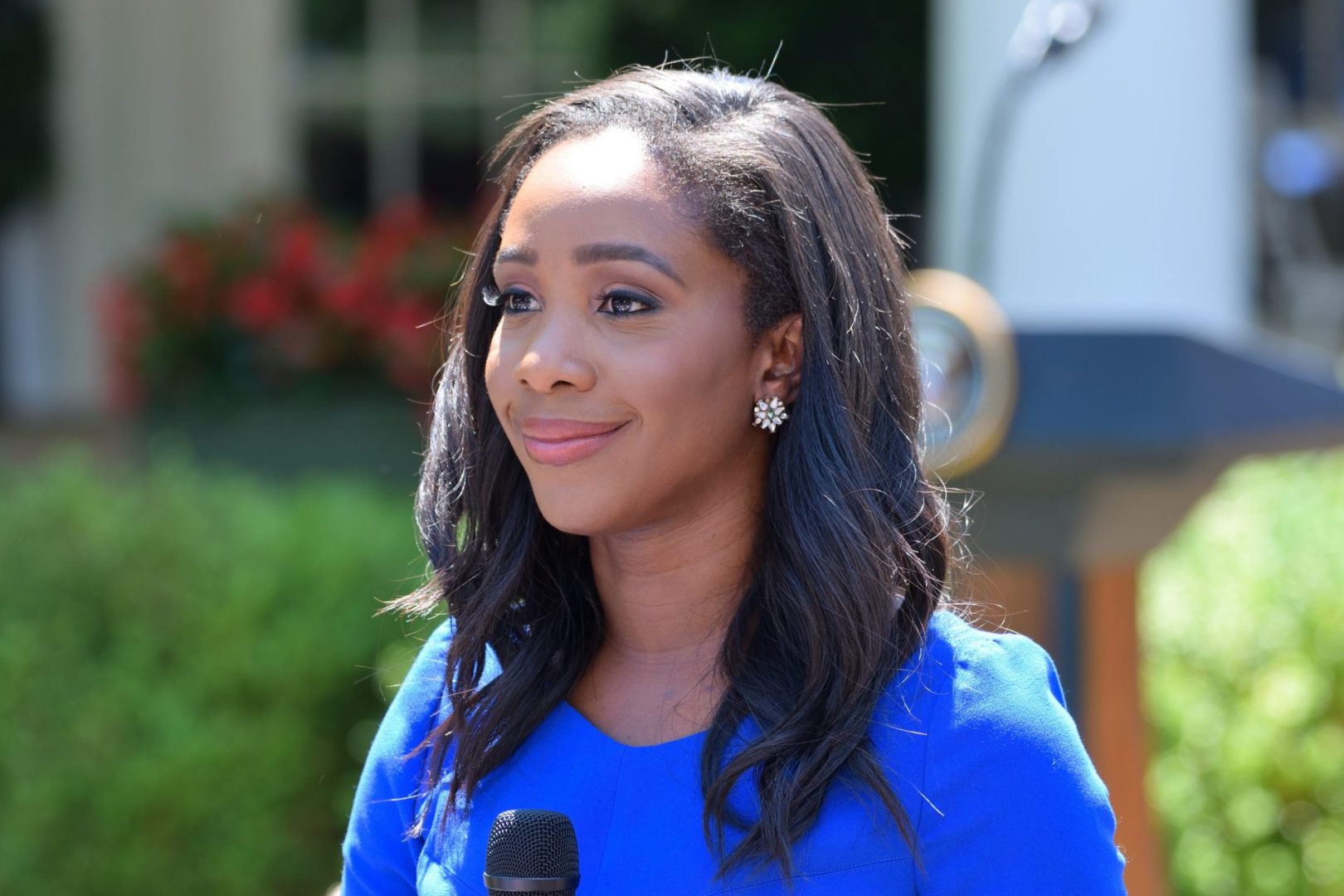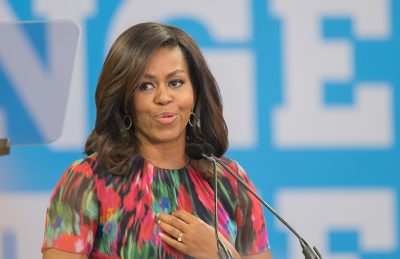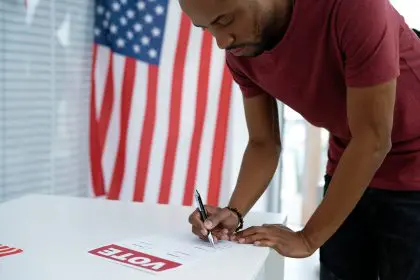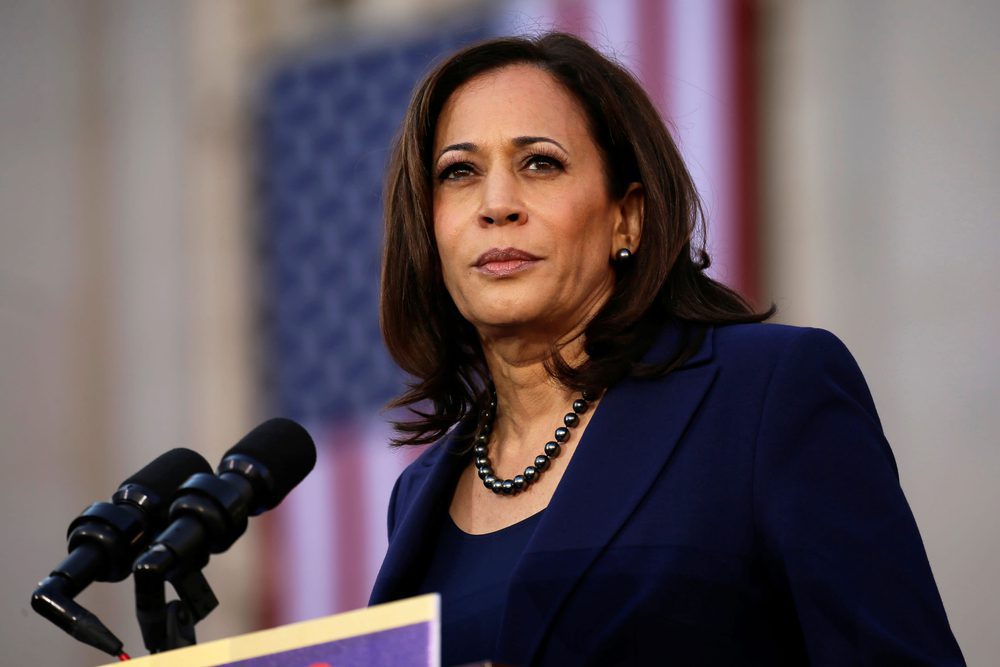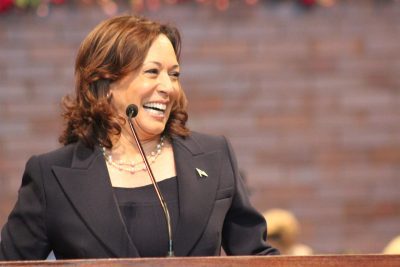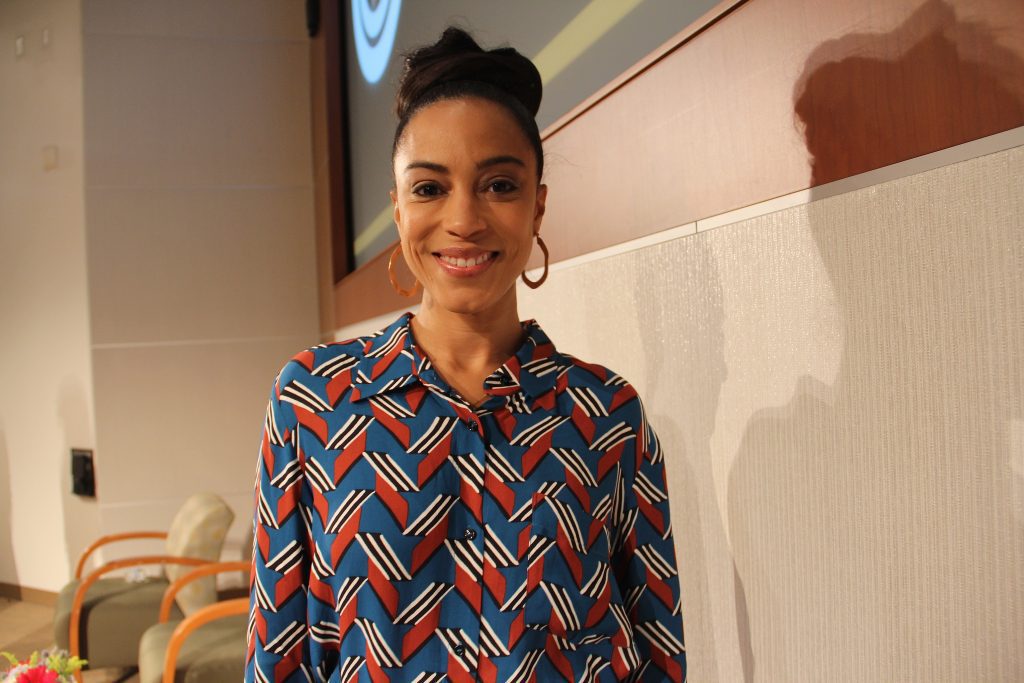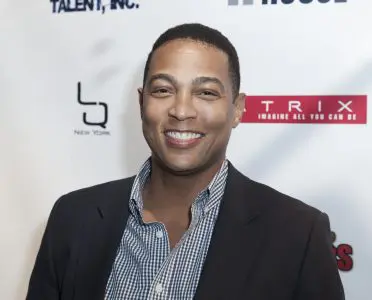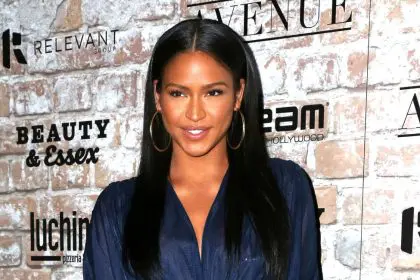In a recent episode of CNN’s “NewsNight with Abby Phillip,” the host confronted Shark Tank judge Kevin O’Leary over his controversial claim that Democrats had “circumvented democracy” in selecting Vice President Kamala Harris as their presidential nominee. O’Leary’s assertion sparked a heated discussion among the panelists, highlighting the complexities of the U.S. presidential nomination process.
Understanding the controversy
O’Leary’s comments came during a segment where he argued that Harris was not democratically nominated, suggesting that this was the second instance of the Democratic Party bypassing democratic norms. His remarks were met with immediate backlash from Phillip and other panelists, who emphasized the legitimacy of the nomination process.
“That’s not true,” several panelists interjected, defending the established procedures that govern how candidates are nominated. Phillip pointed out that Hillary Clinton, who O’Leary referenced, had indeed won a primary during the 2016 election cycle, which is a crucial aspect of the nomination process.
The primary process explained
Phillip elaborated on the nuances of the primary system, clarifying that the U.S. Constitution does not explicitly dictate how political parties must select their nominees. Instead, the process has evolved over time, with political parties developing their own rules and procedures to ensure fair representation.
According to legal scholar Richard Briffault, the Constitution has played a minimal role in shaping the presidential nomination process, which has transitioned from congressional caucuses to party conventions and the current primary system. This system allows political parties to determine their nominees based on the votes cast during primaries and caucuses, which are overseen by individual states.
Types of primaries and cucuses
- Primaries: These are elections where registered voters cast secret ballots to choose their preferred candidate. States may hold open, closed, or semi-closed primaries, each with different rules regarding voter participation.
- Caucuses: These are gatherings of party members who discuss and select candidates. While less common than primaries, caucuses still play a significant role in the nomination process in certain states.
Delegates, who are party loyalists or early supporters of candidates, represent their states at the national conventions. The allocation of delegates is typically proportional to the votes received in the primaries or caucuses, ensuring that candidates gain support based on their popularity among voters.
Kamala Harris’s path to nomination
In the most recent election cycle, President Joe Biden secured a significant number of delegates during the Super Tuesday elections, which are critical in determining party nominees. After Biden withdrew from the race, many delegates shifted their support to Harris, leading to her confirmation as the Democratic nominee.
The Democratic National Convention (DNC) has established rules that encourage delegates to vote in accordance with the preferences of the voters who elected them. However, these rules also allow for flexibility, enabling delegates to change their support if circumstances warrant it.
Critique of O’Leary’s perspective
O’Leary’s comments not only misrepresented the nomination process but also overlooked broader issues of democracy within the political landscape. Critics have pointed out that the Republican Party has faced accusations of undermining democratic principles through voter suppression tactics, gerrymandering, and other controversial practices.
For instance, efforts to restrict voting access and manipulate district boundaries have raised significant concerns about the integrity of elections. These actions have been criticized as attempts to erode the democratic process, contrasting sharply with the established nomination procedures of the Democratic Party.

